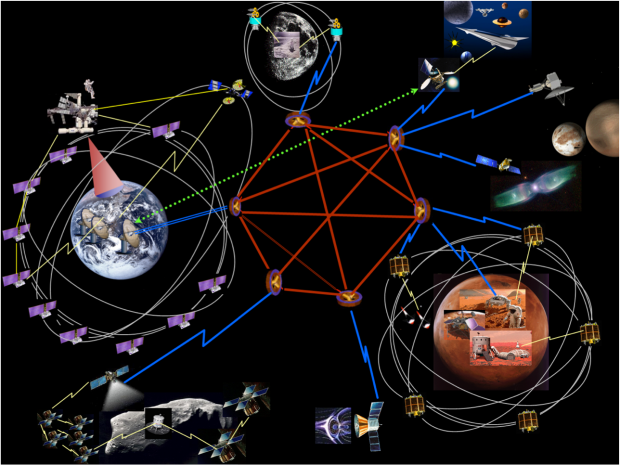
Breaking News
John Sneisen - Outernet and Canadian Economy
 "You Will be Programmed and Enslaved Through AI" - Iain Davis
"You Will be Programmed and Enslaved Through AI" - Iain Davis
 $80 SILVER IN CHINA RIGHT NOW - The Premium Explosion Means Squeeze Incoming
$80 SILVER IN CHINA RIGHT NOW - The Premium Explosion Means Squeeze Incoming
 Do you want to really know what the banks are doing about their silver situation?
Do you want to really know what the banks are doing about their silver situation?
Top Tech News
 EngineAI T800: Born to Disrupt! #EngineAI #robotics #newtechnology #newproduct
EngineAI T800: Born to Disrupt! #EngineAI #robotics #newtechnology #newproduct
 This Silicon Anode Breakthrough Could Mark A Turning Point For EV Batteries [Update]
This Silicon Anode Breakthrough Could Mark A Turning Point For EV Batteries [Update]
 Travel gadget promises to dry and iron your clothes – totally hands-free
Travel gadget promises to dry and iron your clothes – totally hands-free
 Perfect Aircrete, Kitchen Ingredients.
Perfect Aircrete, Kitchen Ingredients.
 Futuristic pixel-raising display lets you feel what's onscreen
Futuristic pixel-raising display lets you feel what's onscreen
 Cutting-Edge Facility Generates Pure Water and Hydrogen Fuel from Seawater for Mere Pennies
Cutting-Edge Facility Generates Pure Water and Hydrogen Fuel from Seawater for Mere Pennies
 This tiny dev board is packed with features for ambitious makers
This tiny dev board is packed with features for ambitious makers
 Scientists Discover Gel to Regrow Tooth Enamel
Scientists Discover Gel to Regrow Tooth Enamel
 Vitamin C and Dandelion Root Killing Cancer Cells -- as Former CDC Director Calls for COVID-19...
Vitamin C and Dandelion Root Killing Cancer Cells -- as Former CDC Director Calls for COVID-19...
 Galactic Brain: US firm plans space-based data centers, power grid to challenge China
Galactic Brain: US firm plans space-based data centers, power grid to challenge China
NASA To Install Solar System-Wide Internet On The ISS

NASA is on a mission to improve communications between travelers in space and on Earth and is one step closer to doing so now that it has installed the first deployment of a new technology at the International Space Station (ISS).
The new system, called Delay/Disruption Tolerant Networking (DTN), aims to provide uninterrupted connections between people in space and on the planet for not-so-distant space exploration. Basically, it's internet – for the whole solar system.
The DTN's installation is being celebrated because it works differently to Earth's wireless. For example, when an internet signal on this planet is blocked, the connection slows or is disrupted completely. In the past, this prevented the ISS from sending transmissions as large objects – such as planets, other space crafts, and radiation waves – made the signal low. In effect, data was sometimes lost during transmissions. With a solar system-wide internet, however, the network can function even when a recipient server is offline.
As you may have heard, the government organization aims to recruit farmers, teachers, surveyors, and technicians to explore Mars by 2030. Undoubtedly, having solar system-wide internet will assist in that endeavor.



